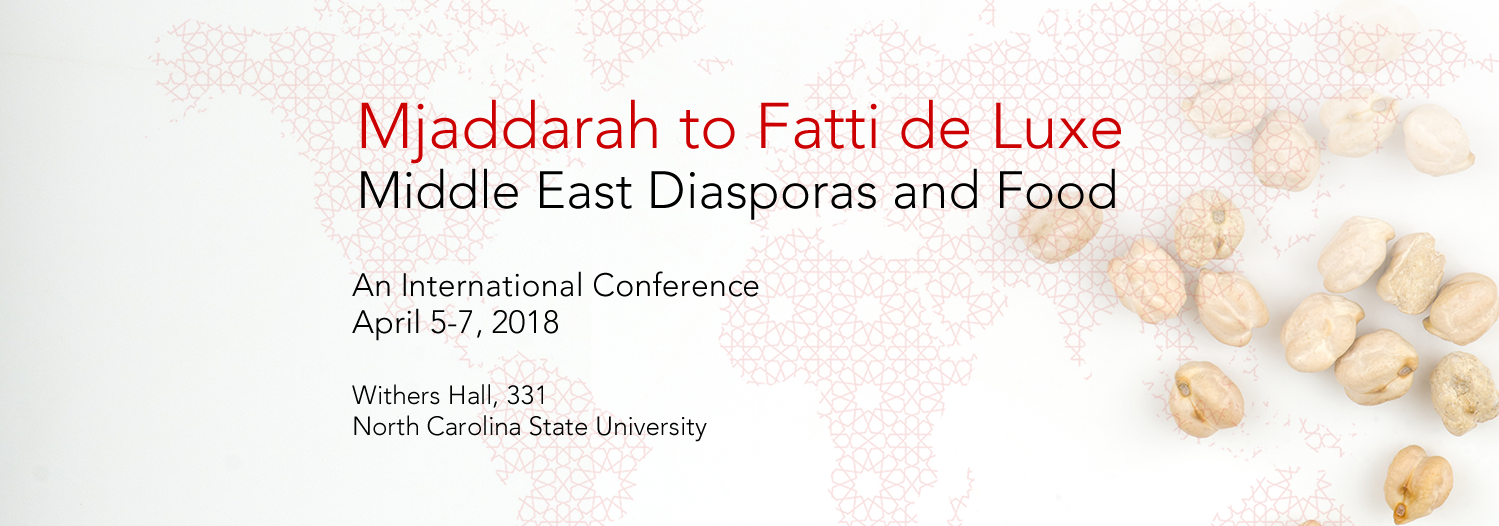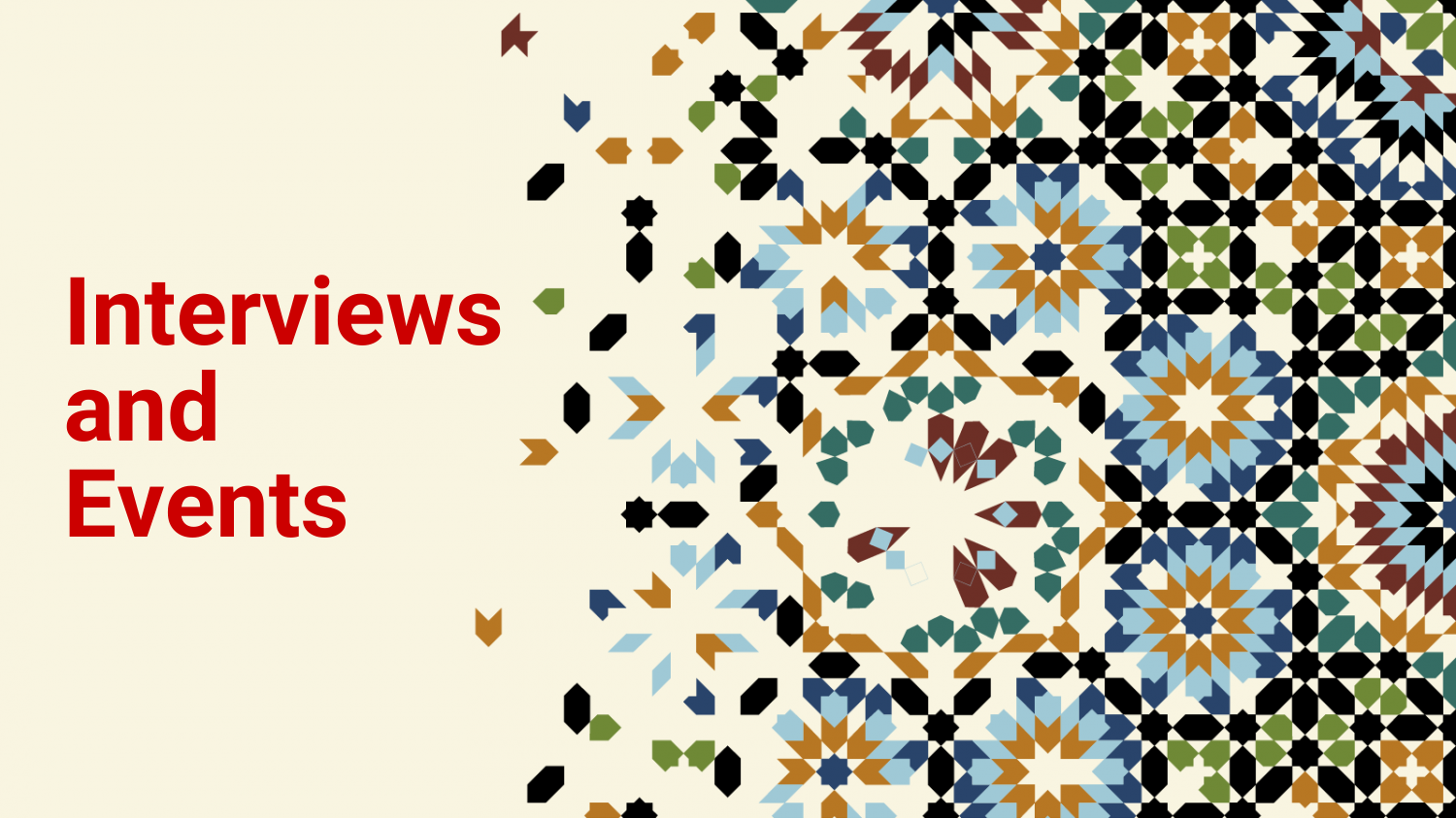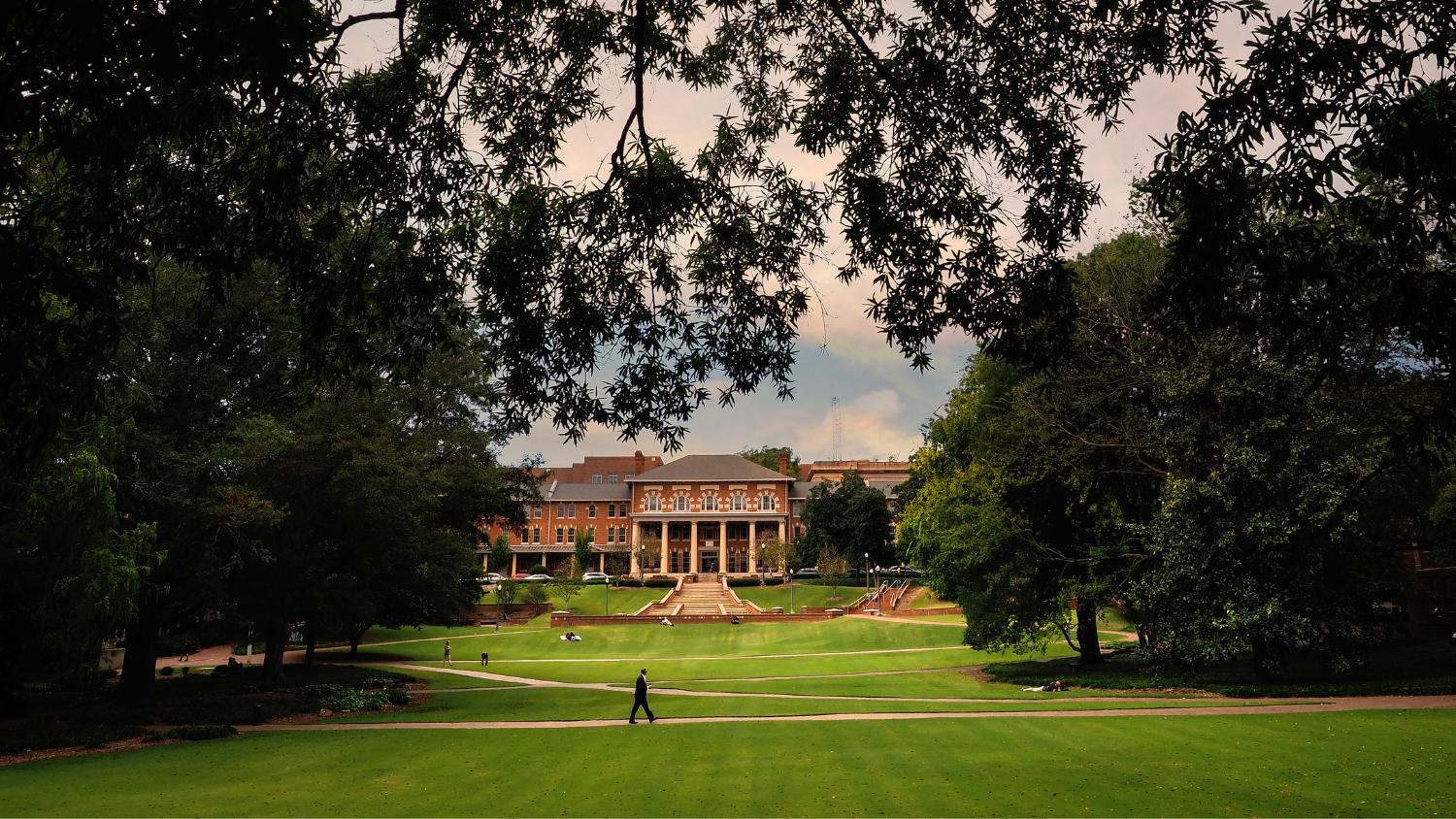Review of Charif Majdalani’s Moving the Palace
This book review is written by Joseph Geha, professor emeritus at Iowa State University and author of two books; Through and Through: Toledo Stories and Lebanese Blonde. Geha is the 2016 Khayrallah Prize winner for his novel, Lebanese Blonde. He has authored several books reviews including Rawi Hage’s, Cockroach and Rabih Alameddine’s, An Unnecessary Woman.

Charif Majdalani’s brief historical epic, Moving the Palace, is the saga of an early Twentieth Century adventurer who leads a caravan out of Africa, across the Sinai and up through Palestine and Syria, all the way to his homeland, Lebanon. The caravan’s cargo is, as per the title, a palace. Yes, an actual palace, broken down into its component parts—doors, window frames, roof tiles, mirrors, the very stone blocks of its walls—all numbered for reassembly and loaded onto many hundreds of camels in a line stretching so far that it takes a fast horse ten minutes to gallop its length. At the head of this caravan is Samuel Ayyad, the grandfather of our narrator, and his journey home is a modern Odyssey.
Like an epic, the story opens with a kind of invocation to the muse, a how-to-begin moment as our narrator contemplates an old photograph of his grandfather and wonders “how should I go about telling his story…watching unfold in his memory that which I will never see, but shall be forced to invent?”
But not to worry, the muse comes through just fine, and the narrator’s telling is assured and eloquent, using a picaresque approach, like so many “finding home again” stories. It begins with Samuel leaving Lebanon “one spring morning in 1908 or ’09, no doubt taking with him in a small suitcase a few shirts and handkerchiefs, and in his head a few delicate memories, the trees in the garden of the familial abode where a salt wind echoed the stately meter of the open sea, the aromas of jasmine and gardenia, the skies above Beirut vast and mild as a woman’s cheek, and the liturgical whiteness of the snows on Mount Sannine.”
Adept at languages, Samuel’s work as a translator for the British army takes him into the Sudan where memories of the Mahdist uprising are still fresh. In Africa, he joins up with another Lebanese expatriate, a merchant whose merchandise consists of a Libyan palace, which he is transporting in pieces across the desert in hopes of selling it off to any one of a number of desert potentates who might be interested in having it, and rich enough to pay for it.
In time, however, and after many difficulties, the merchant loses heart, “…he’s had enough, he doesn’t believe in it anymore,” and he hands over the caravan to Samuel, who willingly accepts the burden. But why? Well, “he’s the kind of man to shoulder other people’s whims, to make them his own.” Thus he lets himself be swept along on what the narrator himself calls an “oddball odyssey.” This is just the kind of motivation we find in novels of the picaresque tradition, where the hero, out of apparent happenstance, embarks upon travels that take him from escapade to escapade.
In Majdalani’s hands, the escapades are presented more often than not in romantic, sweeping flourishes of language that, even in translation from the French, evoke the grandeur of classical Arabic storytelling.
“Banners by the hundreds fly in the wind, blazing in the heavens, raging with their thousand colors, their Koranic verses flinging out imprecations. Beneath them, black horsemen by the thousands, silent and magnificent, face one another in two snaking lines in the middle of the desert.”
The writing luxuriates in eloquence and rich detail. But not too much. This is a modern work, after all, and the richness is tempered with humor, with self-deprecating asides and post-modern reminders that this is an imagined history. Our narrator is simply putting it all together for us. He is unashamedly creating a fiction with his sultans and desert princes, merchants and warriors, defecting Ottoman beys and harrumphing British colonels whose saddlebags bulge with gold. Even T.E. Lawrence makes an appearance, looking in his white robes like “an extra in an Orientalist set at the Cairo Opera.”
The picaresque novel can be seen as the grandchild of the classical epic. In each tradition the hero wanders, encountering various wonders and wondrous characters. Another similarity: Odysseus, Aeneas, Achilles, each at one time or another refers to himself as “fortunate,” and if the picaresque hero shares any characteristic, it is luck. From Don Quixote to Tom Jones to Forrest Gump, fortunate happenstance has everything to do with their journeys. So too with Samuel Ayyad. Saddlebags of gold turn up when a princeling or a robber sheikh needs to be bought off, water appears in the desert, tall tales about bullets from a firing squad being diverted by magnets are somehow believed. In short, the story is a lot of fun.
At the end we are presented with a love interest, the narrator’s future grandmother, whom Samuel will woo by unpacking and revealing the palace to her as if it were a wedding gift. What Samuel Ayyad has done, we realize, is to bring his home back with him—his own Ithaca––ready for reassembly in the shadow of Mount Sannine.
So too, this wildly entertaining novel. By the end Charif Majdalani has joined together all its disparate elements––the elegant and the ironic, the historical and the imagined––to leave us with a renewed sense of wonder.
- Categories:


